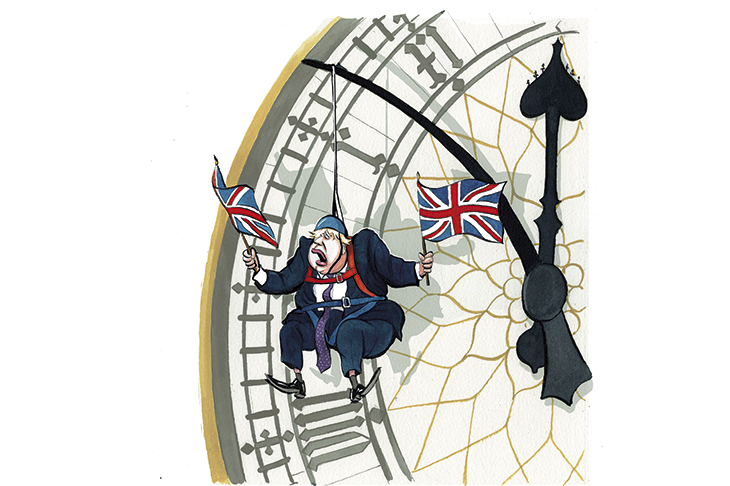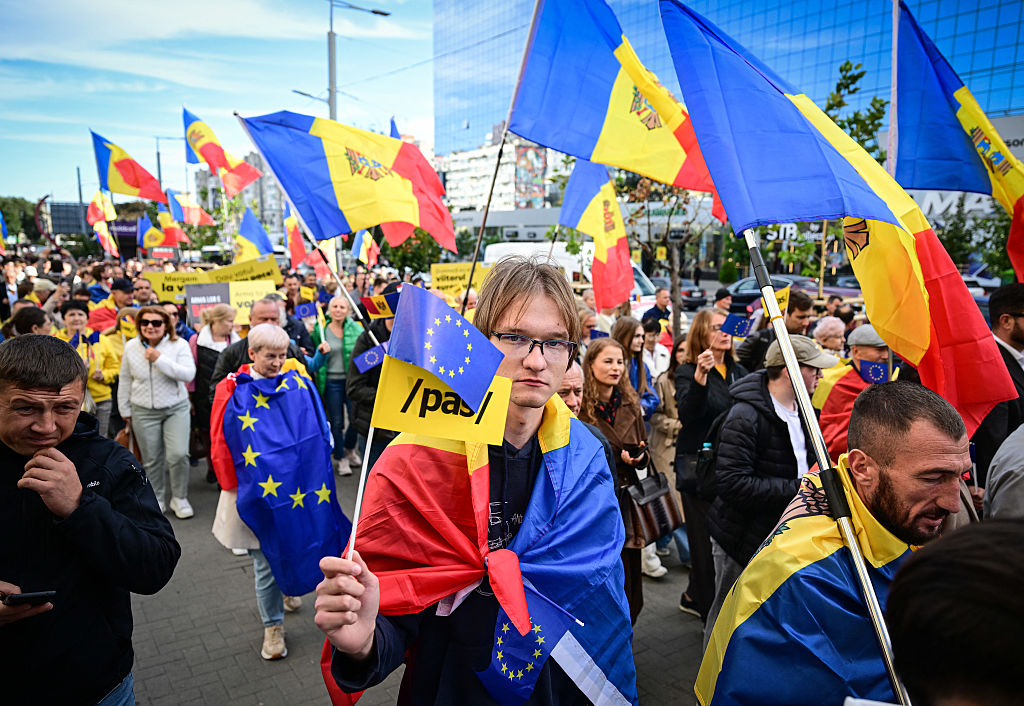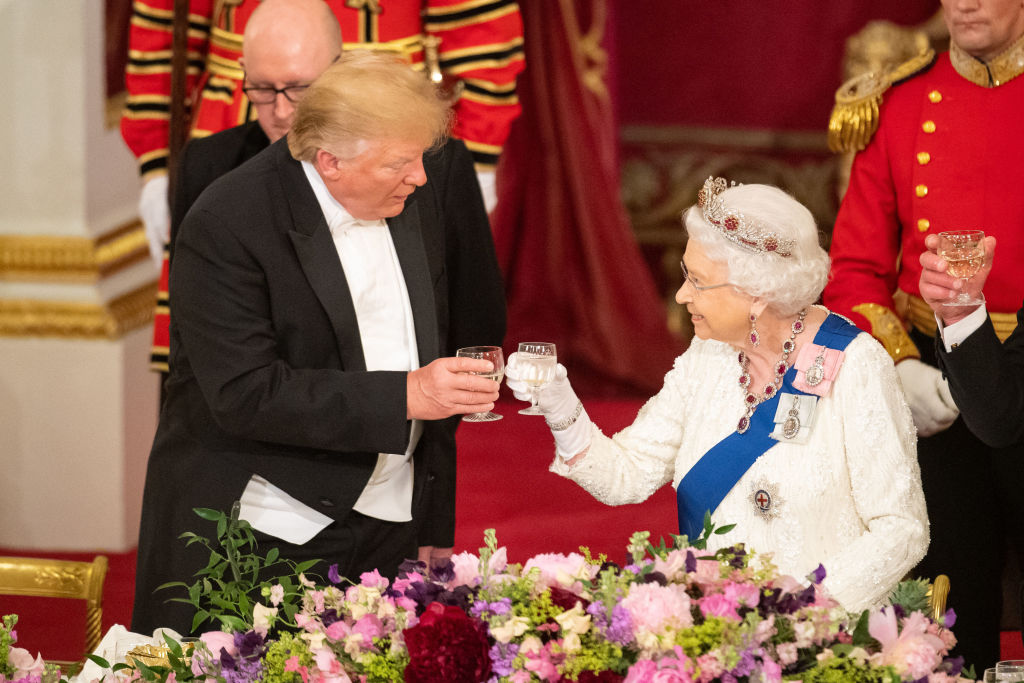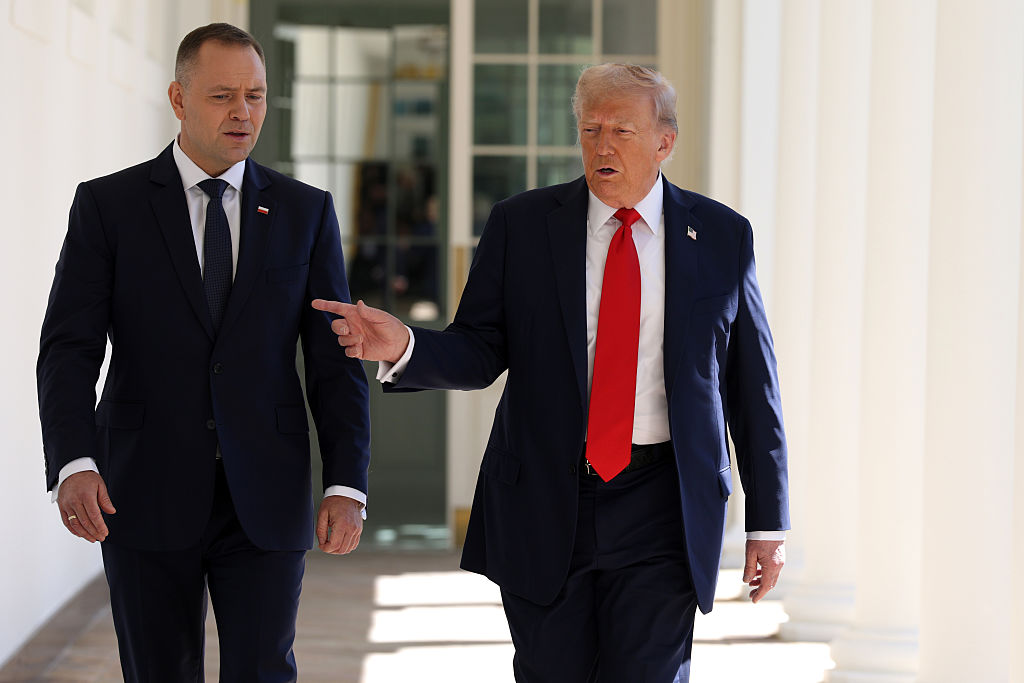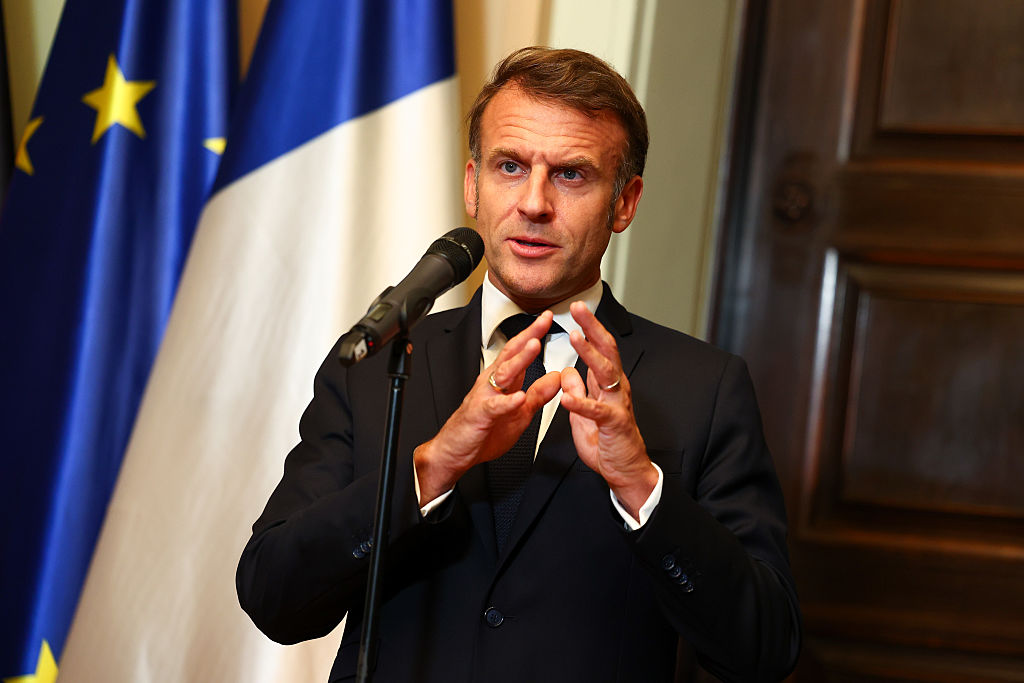I never thought I would live to see the Conservative and Unionist Party, dominator of British politics for centuries, falling to a vote share of nine percent in a national election.
Hindsight is mind-bending, which means I now find it impossible to believe that David Cameron could ever have conceived that holding an EU referendum would bring peace, stability and strength to the divided Tories.
And as for Theresa May she will be seen by many as guilty of a strategic error to rival any in the history of this democracy, with her failure to establish what kind of withdrawal from – and future relationship with – the European Union would command a majority in the Commons before negotiating her deal with the EU.
Even so, I wonder whether Labour actually feels more bruised than the Tories today.
The point is that the collapse of the Conservative party in the EU parliamentary elections has been inevitable for weeks and also heavily discounted, even if it is still shocking to have confirmation that it received the support of fewer than one in ten voters.
The point is that the party’s necessary catharsis began on Friday, when Theresa May named June 7 as the date she resigns as chief of her battered blue clan.
By contrast, the process of grieving and mending in Labour has barely started.
And what is so toxic for Labour is that most Labour members and supporters were convinced that Jeremy Corbyn had a stunning victory within his near grasp.
But in the words of the Labour MEP John Howarth, who only just kept his seat, ‘had Labour’s “high command” set out to lose an election they could not have gone about it in a more convincing way.’
Corbyn is being denigrated by all sides of his party – with the exception of loyalists associated with the powerful Unite union – for a triangulation as confusing as any perpetrated by Blair and Brown, in his refusal to state unambiguously whether he was in favor of Brexit by parliamentary fiat or a confirmatory referendum.
As a consequence, he allowed the Liberal Democrat vote share to surge to its highest ever in EU elections, just over 20 percent, whereas Labour slumped to a 14.1 percent that is a humiliation of historic proportions. Or at least that’s what the legion of his internal critics argue.
Those parties that campaigned on a platform of wanting a referendum for all seasons and circumstances – Lib Dems, Greens, SNP, Plaid Cymru and Change UK – collectively gathered 40.4 percent of the vote.
In the normal circumstances of mid-term elections, Labour as the main opposition party would have expected to pick up at least half or more of that 40.4 percent – to trounce even the Brexit party’s 31.6 percent.
So although there’s no more point in politics than in life weeping over spilled milk, it is not easy for Labour MPs and frontbenchers to move on when seemingly an entire industrial dairy has just exploded.
What are the ramifications of last nights electoral earthquake? They are many and important.
1) In the Tory leadership elections, any candidate not arguing for an abrupt rupture from the EU on the current target date of October 31, whatever the surrounding circumstances, will struggle to get any kind of hearing from Tory members. If Boris Johnson looked a shoo-in before last night’s results, he’s been promoted to whatever is more shoo than that.
2) The Lib Dems, about to elect a new leader, have an opportunity to re-emerge from their long years in the wilderness.
3) Labour will presumably now become the party of a confirmatory referendum. But the party leadership has lost momentum (there is an intended pun there) for failing to have the pro-EU convictions of its members. And for anyone who thinks (rightly) that the EU Parliament is a significant nexus of power and influence, unless and until the UK leaves the EU, for Labour to have 10 MEPs compared with the Brexit Party’s 28 will be an enduring humiliation for and reproach to Jeremy Corbyn.
4) With the brand new Brexit party having received 53 percent more votes than its nearest rival in these elections (the Lib Dems, just to remind you) and more than three times the number cast for the Tories (think about that), Nigel Farage now has the platform to influence British politics he has sought all his life.
But what about the big question, that has reshaped our politics, namely when and whether the UK will leave the EU?
What may perhaps distress most of you is that on the evidence of this latest election, we are only a little nearer knowing the answer than we were just under three years ago when a slim majority of us voted for Brexit.
The point is that 35 percent of voters backed the Brexit party and Ukip, which want what they think of as a clean break with the EU, but some would see as too abrupt. Whereas, as I’ve mentioned, just over 40 percent voted for parties unambiguously committed to a referendum.
Which leaves a tricky judgment to be made about the Brexit preferences of the 14 percent who backed Labour and the nine percent who voted Tory.
Those long-suffering loyalist Tories presumably don’t want a Farage-style hard Brexit. And those residual Corbyn loyalists presumably don’t want a May-style Brexit.
But other than that, we’ve probably got to classify the 23 percent who voted for the Conservative and Labour parties as ‘don’t knows’ on the biggest question of our era.
Which, and in the unlikely event you hadn’t already noticed, renders both main parties seemingly irrelevant in the debate of our age, and means that a century of government passing seamlessly from Tory to Labour and back again could well be drawing to a close.
Robert Peston is ITV’s Political Editor. This article originally appeared on his ITV news blog.



